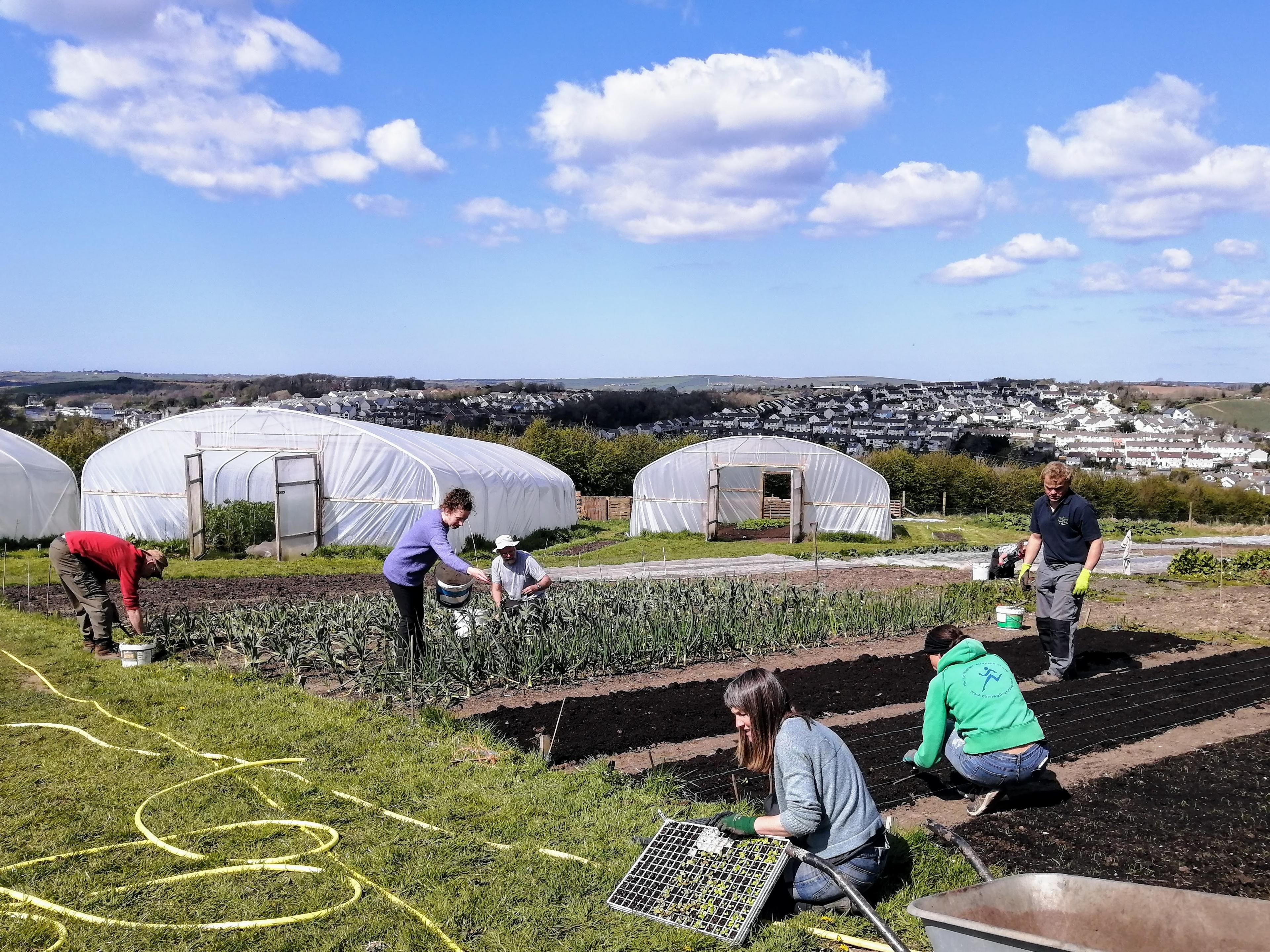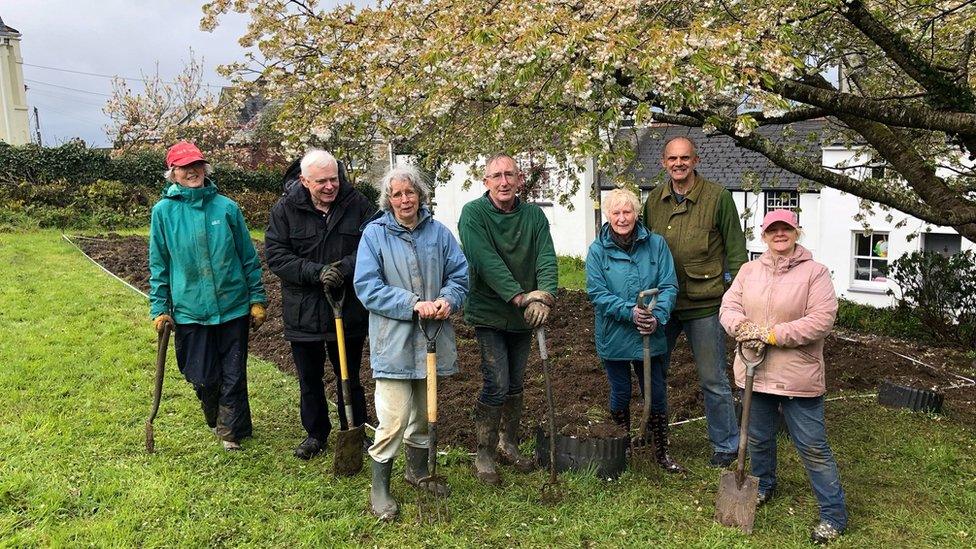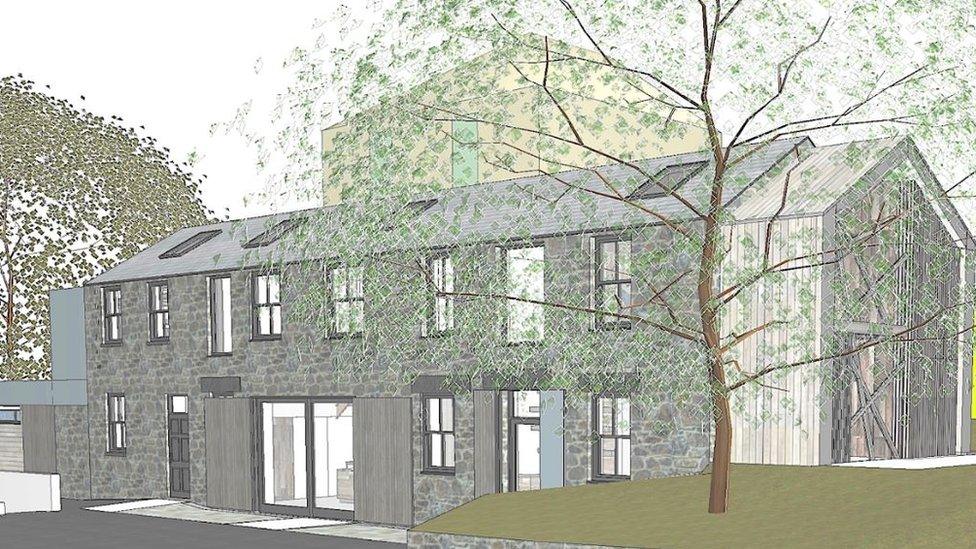Growing schemes 'need more land, cash and skills'

Camel Community Supported Agriculture at Wadebridge is among groups consulted for the new report
At a glance
Community food growing schemes need more land, funding and skills, new report finds
Projects are currently succeeding against the odds
Growing schemes are key for providing food, bringing communities together and are good for mental health and the environment, report says
- Published
Community food growing schemes in Cornwall need more land, funding and skilled people to truly expand and thrive, according to a new report.
The new study, led by council and community leaders along with the University of Exeter, has looked at the "state of community growing".
It concluded existing schemes were "succeeding against the odds".
Lord Robin Teverson, chair of the joint working group, said such schemes were "the only way some families are able to put quality food on the table".
They allow communities to "grow their own produce and give new skills and experience to individuals of all ages", he added, as well as being a "real healer" for those with mental health difficulties.
Despite these benefits, an inquiry spokesperson said: "Most community growing schemes would benefit from additional skills, funding, resources and support to flourish and deliver their full community value."
The Community Growing in Cornwall project aimed to measure growing projects' "impacts, benefits and barriers" to future growth.
It was undertaken by a joint working group set up by Cornwall and Isles of Scilly Leadership Board with Sustainable Food Cornwall and the University of Exeter’s Environment and Sustainability Institute based at Penryn.
The study found there were more than 60 community growing spaces, including orchards and community farms and gardens, across Cornwall.
Involving thousands of volunteers, they produce food and create "new community relationships, training and skills, business development and environmental improvements".
The project consulted parish and town councils and growing schemes like Bosavern Community Farm at St Just, Camel Community Supported Agriculture at Wadebridge, and Growing Links at Penzance.
Prof Jane Wills, director of the University of Exeter's Environment and Sustainability Institute said: “It would be great to see a step-change in efforts to connect landowners to local community groups in the months ahead.”
Katie Kirk, director at Bosavern Community Farm, said: “The recommended actions and insights point to an exciting future for community growing in Cornwall that will lead to increased social innovation and resilience.”
Follow BBC News South West on Twitter, external, Facebook, external and Instagram, external. Send your story ideas to spotlight@bbc.co.uk, external.
More on growing schemes in Cornwall
- Published14 April 2023

- Published28 March 2023
